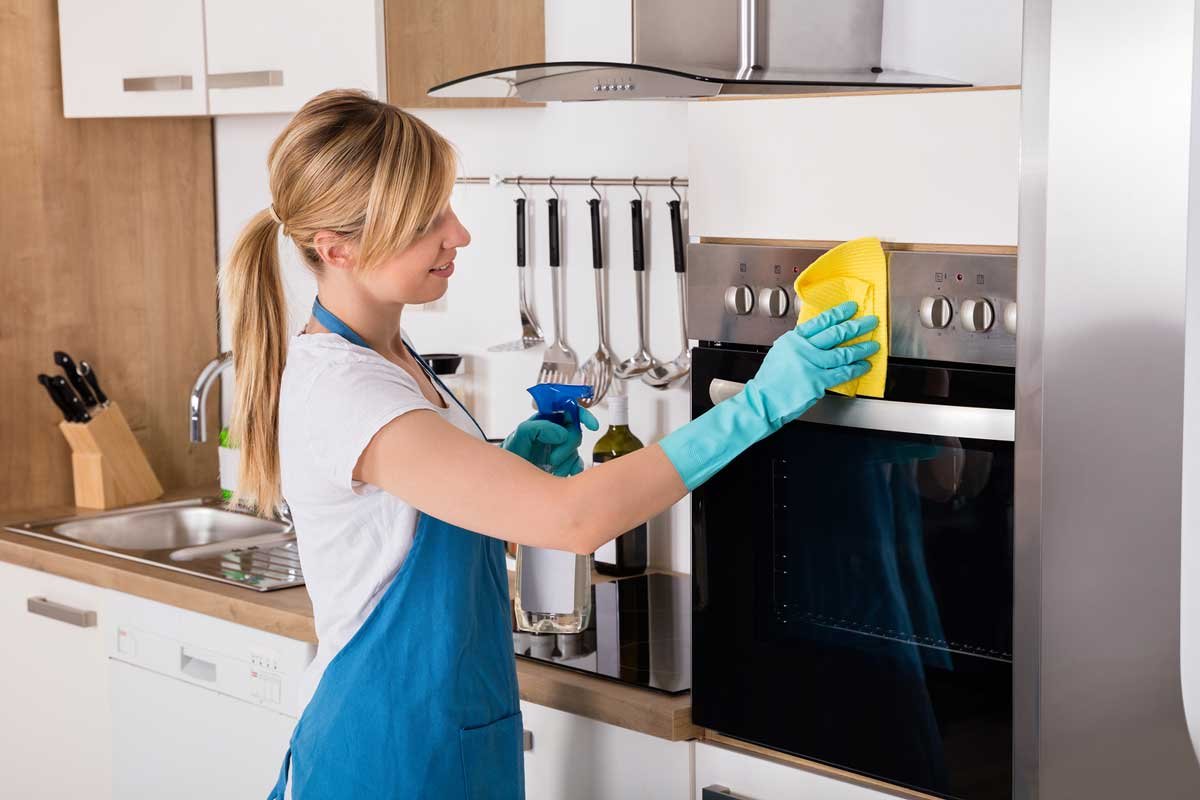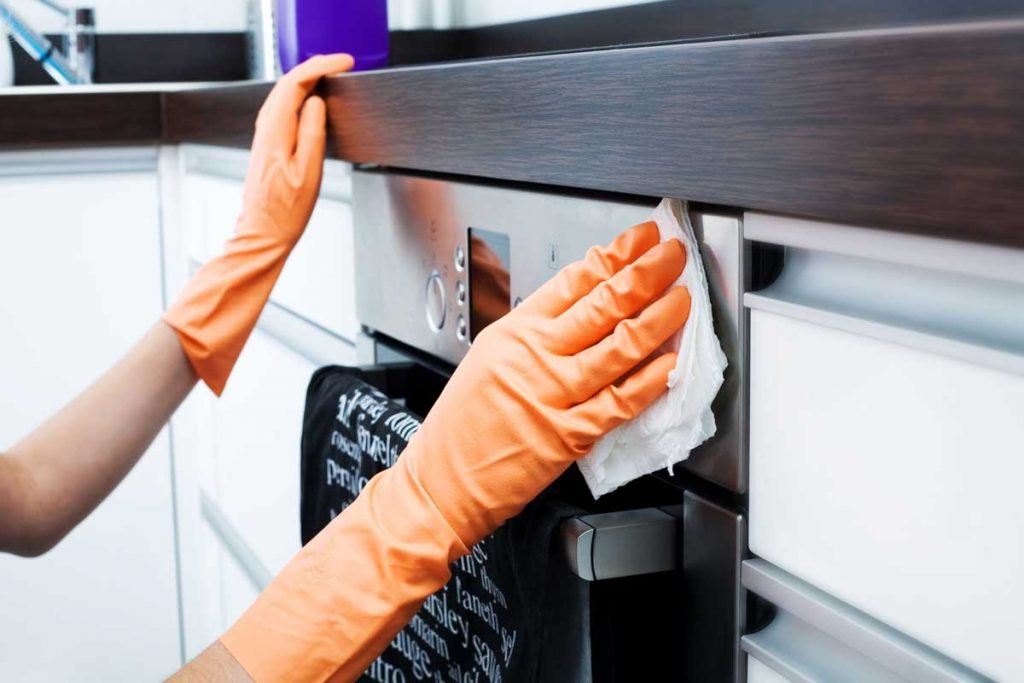Home appliances are some of the most used items in our homes. Unfortunately, most people tend to overlook them when it comes to their regular cleaning routine. Appliances are very costly to replace or repair. However, with regular cleaning, the appliances can last longer, thus saving you a lot of money in the long run.
A clean appliance is an attractive one and one that you can enjoy using. However, cleaning your appliances is not as easy as you might think. It takes some time—meaning you must set aside some time to clean your appliances thoroughly. Moreover, you need to be careful to avoid damaging your appliances during the process.
Why should you clean your appliances?
The reason why you should clean your appliances is to maintain high levels of cleanliness and hygiene in your home. This, in turn, comes with the following benefits:
- Improved health – dirty kitchen appliances can easily accumulate bacterial and fungi. These, in turn, can transmit fungal diseases, which can affect your family. Thus, cleaning your appliances ensures that you and your family eat clean and hygienic food, thus reducing the possibility of infections.
- Helps to reduce utility bills – typically, dirty appliances consume more energy to achieve their purpose—and this leads to increased energy costs. But, cleaning your appliances regularly ensures that they run efficiently, thus saving money on energy bills.
- Lengthens the lifespan of the appliances – cleaning your appliances is part of their preventive maintenance. And clean and well-maintained appliances last longer. Besides, it’s very easy to identify minor issues that require attention when cleaning the appliance, thus preventing the need for expensive repairs in the future.
In this post, we shall give you a guide on how to clean your appliances safely. Read on for more information.

Read the user manual first
Chances are, you have different appliance brands in your home. That means each brand or type of appliance has specific instructions for how to clean recommended by its manufacturer. Therefore, failing to follow the manufacturer’s instructions when cleaning the appliance might not work and risks damaging the appliance.
Moreover, cleaning the appliance the wrong way can void its warranty. Therefore, make sure that you read the manufacturer’s warranty first before you start cleaning your appliances.
Unplug the appliances from the power
According to the technicians at Hartman’s Appliance Repair, this is very important for safety purposes. When cleaning your appliances, you don’t know what might bump or knock during the cleaning process.
Therefore, always make sure that you unplug the appliances from the socket before you start cleaning them. This ensures that you don’t turn on the appliance accidentally during the cleaning process, in addition to reducing the risk of electrocution. Lastly, if you are cleaning a heat-producing appliance, allow it to cool completely before you clean it.
Never immerse any part of your appliance in water unless the user manual says so
Most parts of your appliances, like the motor and other electrical parts, are not meant to get into contact with water. Therefore, you should not immerse them in water when cleaning the appliances. At times, some detachable parts can be hand washed or even put in a dishwasher. However, do that if the user manual says it’s safe to do so.
Moreover, take extra care when wiping the surface of your appliances to prevent them from getting too wet—the water might end up in parts that shouldn’t get wet at all. If you opt to use a spray cleaner, don’t spray directly to the appliance. Rather, spray on the cleaning cloth or sponge, and then wipe the appliance—this is the safest option.
Getting rid of dust and dirt from your appliances
When cleaning a hard surface of an appliance that has accumulated a lot of dirt or dust, the simplest way to clean it is to use a damp cloth (with dish soap and water) to wipe down the surface, and then use a clean, dry cloth to dry the surface.
In case the surface has spills and food particle splatters, you might need a more abrasive cleaner. In this case, consider using vinegar and baking soda. Mix baking soda with vinegar, and then with a dampened cloth, dip it in the paste and rub it on the appliance. You can use another damp cloth to wipe away the excess paste, and then use the third cloth to completely dry the surface. A baking soda and vinegar mixture works miracles when it comes to removing tough stains on appliances.
At times, the places that you need to clean are too tiny or hard to fit with a cloth or sponge. In that case, you can use an old toothbrush to clean the area or a vacuum cleaner to get rid of dust in that area.
Don’t forget beneath the appliances
You don’t have to do this every other time. However, clean beneath your appliances at least two times every year. With this, you will clean the dirt, dust, and other debris that might have accumulated under your appliances over time.
Always exercise extra caution when moving large appliances like refrigerators, ovens, or washing machines because they are extremely heavy. Moreover, make sure that you’ve unplugged the appliances from the power supply, gas lines, water lines, and dryer vents for safety purposes.

